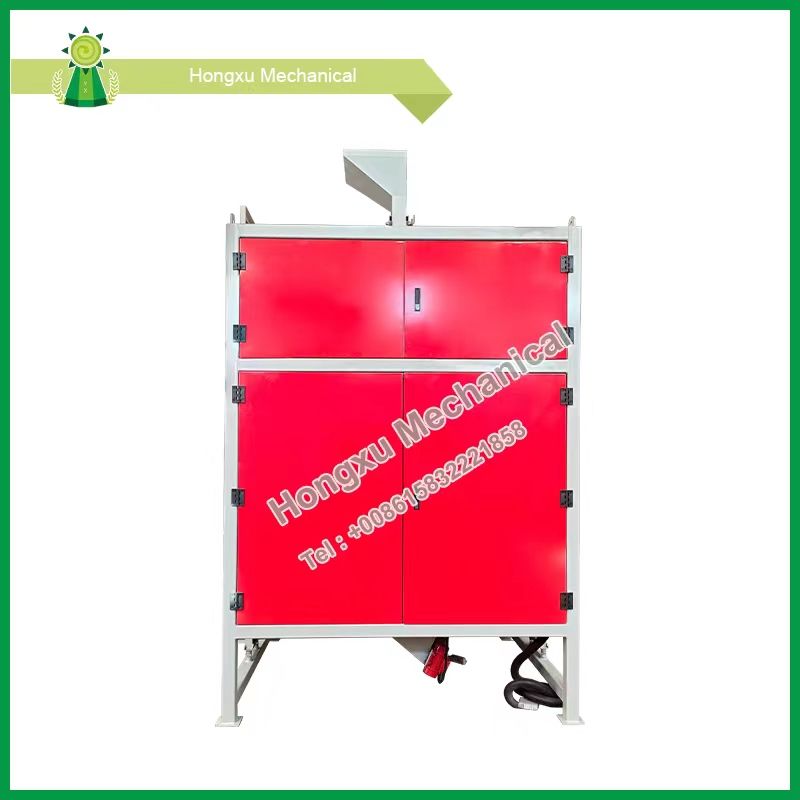Key Features to Look for When Selecting a Plastic Silicone Machine for Industrial Use
2024-06-27
Selecting the right plastic silicone machine for industrial use is crucial for ensuring efficient production, high-quality outputs, and long-term operational success. Given the diversity of applications and the complexity of silicone molding processes, it’s important to consider several key features when making your selection. Here’s a comprehensive guide on what to look for:
1. Precision and Accuracy
One of the most critical features of a plastic silicone machine is its ability to deliver precise and accurate molding. This ensures that the final products meet strict specifications and quality standards.
- Tight Tolerances: Look for machines that offer tight tolerance levels to maintain consistency and precision.
- Advanced Control Systems: Machines equipped with advanced control systems, such as computer numerical control (CNC), enhance accuracy and repeatability.
2. Versatility
A versatile plastic silicone machine can handle a variety of silicone materials and molding processes, allowing for a broader range of applications.
- Multiple Molding Techniques: Ensure the machine supports various molding techniques such as injection molding, compression molding, and transfer molding.
- Material Compatibility: The machine should be compatible with different types of silicone, including liquid silicone rubber (LSR) and high-consistency rubber (HCR).
3. Production Capacity
The production capacity of the machine should align with your industrial needs to meet demand efficiently.
- High Throughput: Look for machines that can handle high volumes of production without compromising on quality.
- Cycle Time: Short cycle times can significantly boost productivity, so consider machines that offer quick turnaround times.
4. Energy Efficiency
Energy-efficient machines not only reduce operational costs but also minimize environmental impact.
- Low Power Consumption: Machines designed for low power consumption can reduce your energy bills.
- Eco-Friendly Options: Some machines offer eco-friendly features such as reduced emissions and waste.
5. Ease of Operation and Maintenance
User-friendly machines with easy maintenance features can save time and reduce downtime.
- Intuitive Interface: An easy-to-use control panel or interface simplifies operation and reduces the learning curve.
- Maintenance Accessibility: Machines with easily accessible components and straightforward maintenance procedures enhance operational efficiency.
6. Automation and Integration
Automation capabilities can significantly enhance production efficiency and consistency.
- Robotic Integration: Machines that support robotic integration for tasks like material handling and part removal can streamline operations.
- Automated Monitoring: Features such as real-time monitoring and automated adjustments ensure optimal performance and reduce the need for manual intervention.
Conclusion
Selecting the right plastic silicone machine for industrial use involves considering a range of features that contribute to precision, versatility, efficiency, and safety. By prioritizing these key features, manufacturers can ensure that they invest in a machine that meets their production needs, enhances operational efficiency, and delivers high-quality outputs. Making an informed decision will ultimately lead to improved productivity and long-term success in the competitive industrial landscape.



